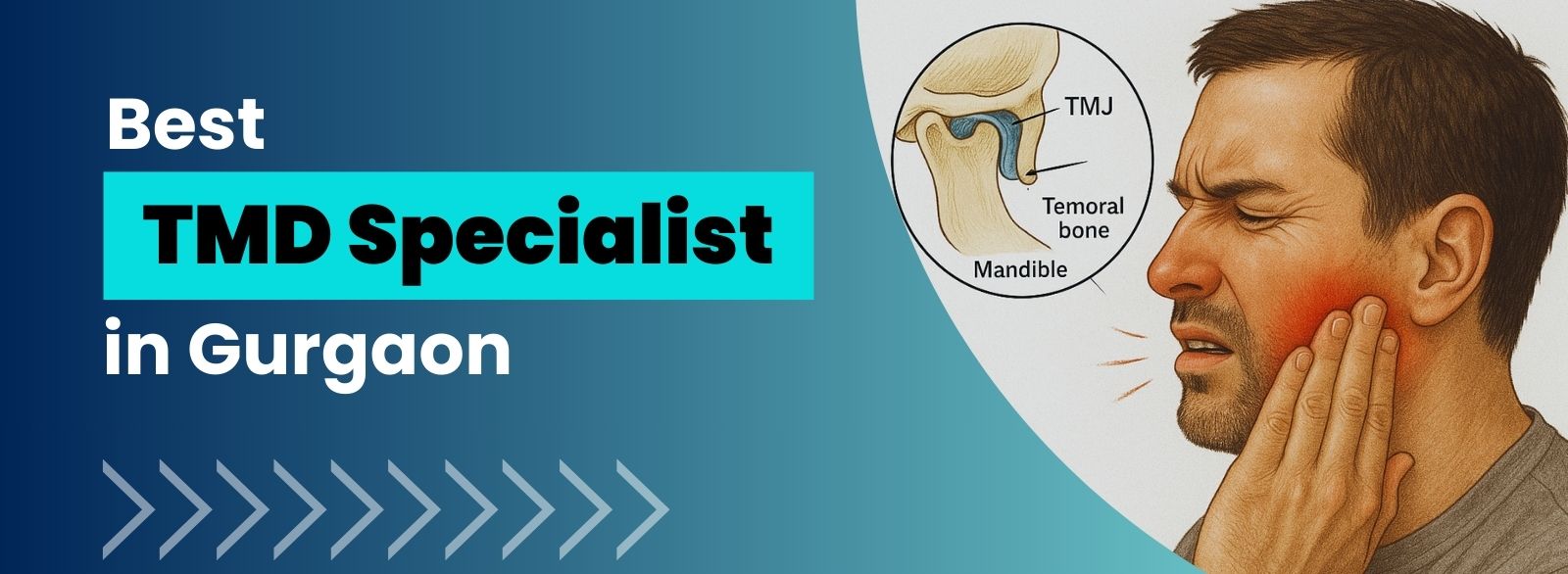
Best TMD Specialist in Gurgaon
Temporomandibular disorder (TMD) includes a range of problems that affect the temporomandibular joint, or TMJ, which connects the lower jaw to the skull. This joint helps with chewing, talking, yawning, and swallowing. Injuries, overuse, or health issues can cause it to work improperly. When this happens, people may notice pain, trouble moving the jaw, or sounds like clicking or popping.
At Cusp Dental Clinic, we focus on helping people who seek relief from jaw pain, clicking sounds, headaches, or facial discomfort. These issues often signal TMD, also known as temporomandibular disorder. Based in Gurgaon, we work hard to provide our community with answers, tailored care, and long-term solutions. Here, you can learn about TMD, what it is, what causes it, the ways we diagnose it, and the full range of TMD treatments we offer. This also includes advanced TMD injections.
A Closer Look: TMD Causes
To diagnose TMD, temporomandibular disorder, you need to understand the various things that may cause it. At our clinic, we take time to evaluate the main TMD causes, which include:
- Injuries or trauma to the jaw: Accidents, whiplash, or blows can damage the tissues in the joint.
- Grinding or clenching teeth: Many grind their teeth without realising it, especially during sleep, which strains the muscles and joints.
- Stress and tension: Stress often shows up, like tight facial muscles, clenched jaws, or even bad posture.
- Misaligned bite or teeth: If the upper and lower teeth don’t fit together, the joint may overwork and become sore or inflamed.
- Arthritis: Conditions like rheumatoid arthritis or osteoarthritis can affect the joint, leading to swelling and ongoing pain.
- Family history: Some people are more prone to TMD because of inherited joint shapes or muscle tendencies.
- Bad posture: Slouching, tech neck, or gripping your phone between your shoulder and ear puts stress on the jaw. People often don’t realise this can be a cause.
- Hormonal factors: Women tend to deal with TMD more often, which might be tied to hormone shifts and ligament changes.
Every TMD case differs from the next. Many times, several TMD causes combine and overlap. This is why we focus on an in-depth diagnosis, which examines dental, medical, lifestyle, and psychological factors.
Book An Appointment
Identifying TMD Symptoms
How can you tell it might be TMD? Some common signs we observe in patients from Gurgaon are:
- Pain in the jaw or soreness while eating or talking
- Sounds like clicking, popping, or grinding from the joint
- Trouble opening or shutting the mouth
- Head pain often around the temples or behind the eyes
- Headache, often triggering Migraine
- Neck stiffness and pain
- Postural malalignment
- Drooping of shoulders
- Ear pain, ringing (tinnitus), or a stuffed feeling not linked to an infection
- Pain in the face that spreads down to the neck or shoulders
- Jaw getting stuck or catching, which can make chewing or talking hard
- Swelling is noticeable on one side of the face
- Teeth feel sensitive even when there are no clear cavities
We think paying close attention to every patient’s story helps us find the right diagnosis. Jaw problems don’t only involve teeth but also the entire jaw system, which includes muscles, nerves, posture, sleep patterns, and stress.
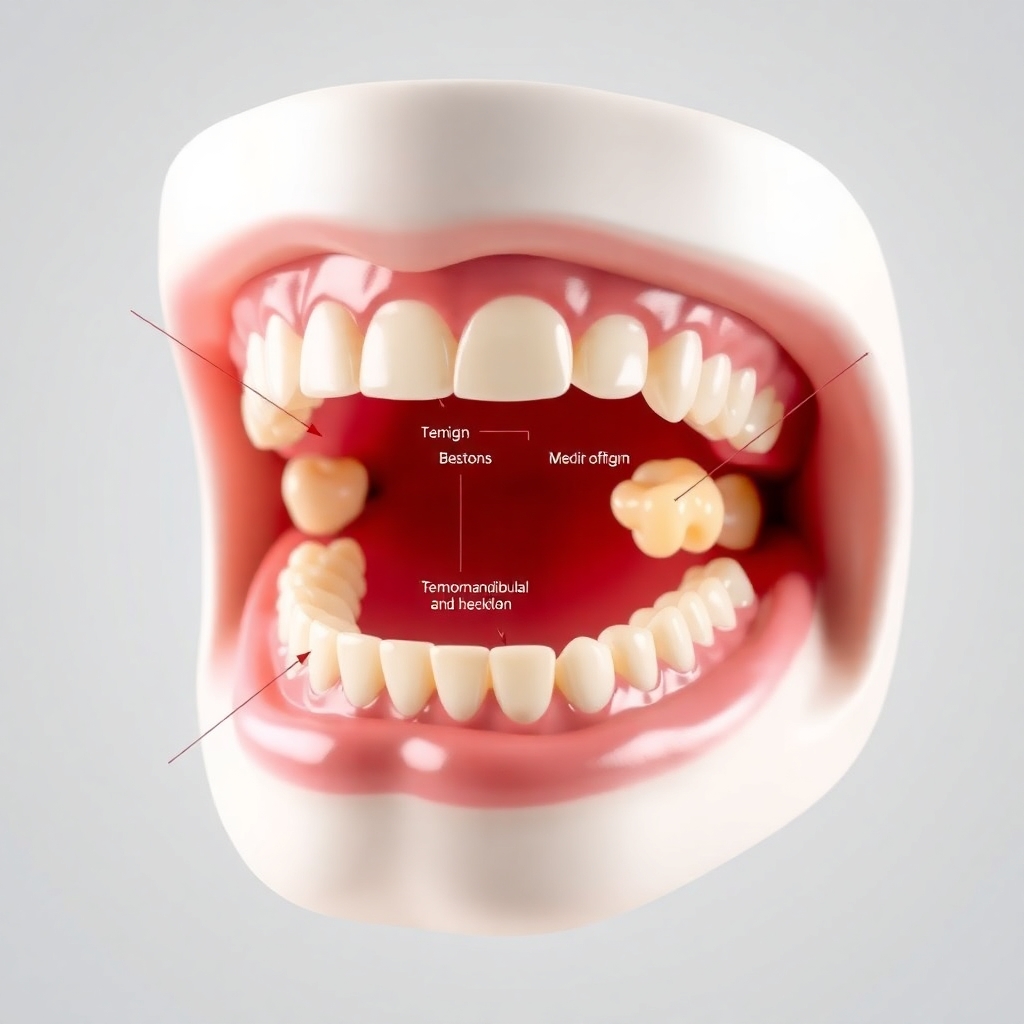
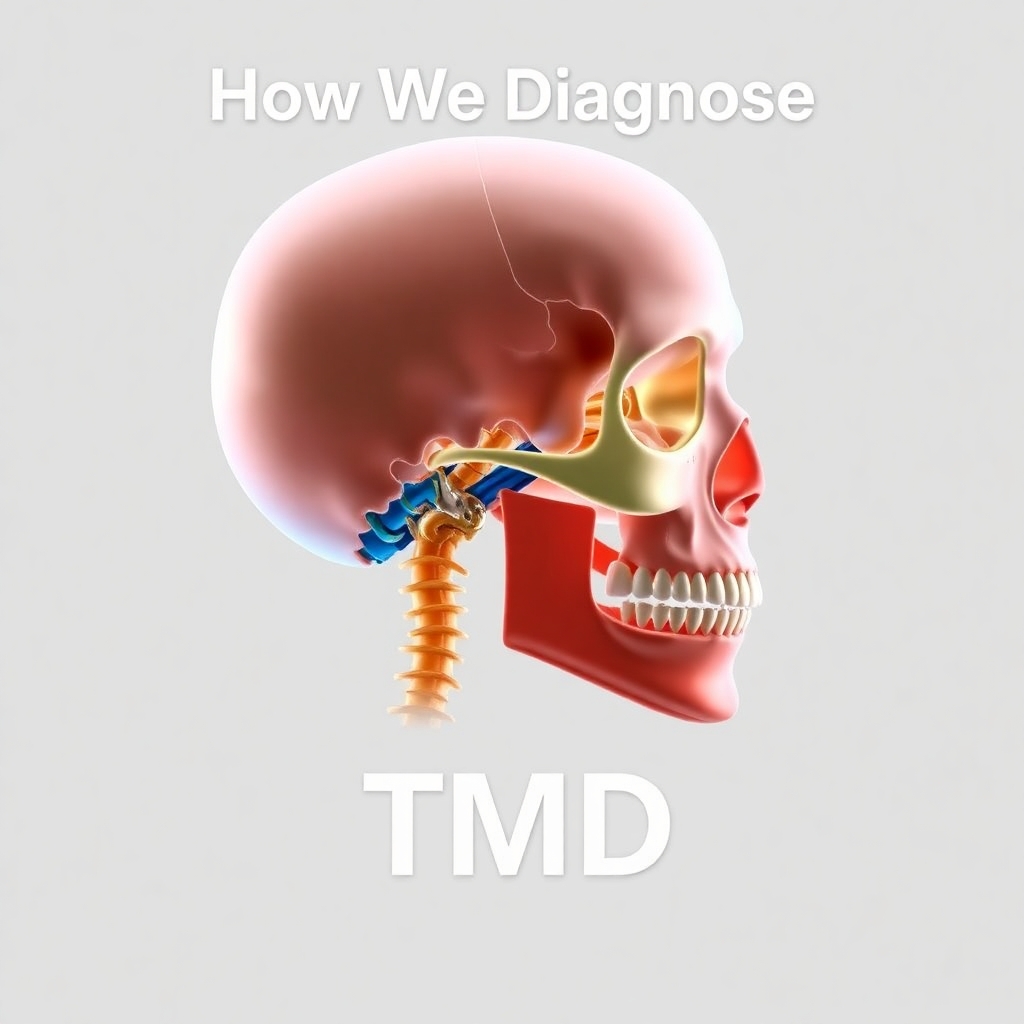
How We Diagnose TMD at Our Gurgaon Clinic
At Cusp Dental Clinic, we use a clear, organised process to assess:
- Review medical and dental history: Learn about symptoms, habits like grinding teeth or chewing nails, and overall health background.
- Check during an exam: Feel jaw muscles, watch how the jaw moves, and use tools to listen to any sounds in the joints.
- Use imaging tools: Look at detailed pictures of the joints through X-rays, CBCT scans, or sometimes MRI. This helps spot issues like bone damage or shifting.
- Study jaw function: Check the way your teeth come together, how the jaw lines up, and how teeth play a role.
- TMJ specific studies: At Cusp Dental Clinic we use EMG (Electromyogram) to study muscle activity on both sides to assess the problematic areas.
We focus on you by explaining what’s happening every step of the way. We create a custom plan so you know what TMD is and how it’s affecting your daily routine.
Taking Care of Yourself and Adjusting Habits
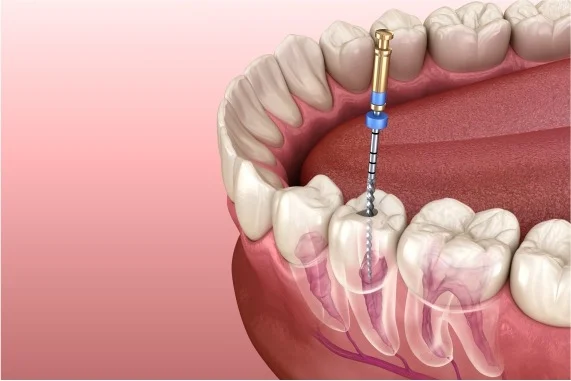
We begin with simple steps. Our dentists suggest actionable changes to help ease pain in noticeable ways:
- Education: Learners pick up jaw-safe habits like skipping gum chewing or holding back on wide yawns.
- Diet: Soft foods can lessen strain when symptoms act up.
- Stress relief: Relaxation exercises, therapy sessions, or mindfulness techniques reduce jaw clenching.
- Jaw workouts: Specific stretches and moves keep jaw muscles active and healthy.
- Stopping harmful habits: Chewing nails, biting pens, or cradling phones can worsen TMD issues.
Physical Therapy and Rehabilitation

We work with experienced physiotherapists to provide:
- Jaw and neck exercises that improve movement and control
- Hands-on treatments to relax muscles and enhance posture
- Techniques like biofeedback and electrical stimulation to help jaw muscles work better
With consistent guided therapy sessions, many people notice a big reduction in symptoms. Adding strategies like habit tracking or behaviour coaching can boost progress even more.
Advanced TMD Treatments: Interventional Therapies
To help patients with severe and unrelenting TMD symptoms who didn’t improve with simpler treatments, our team offers cutting-edge TMD injection methods.
Non-invasive corrective TMD treatment at Cusp Dental Clinic
- TMJ Splint: We use TENS therapy to relax the appropriate muscles under problem (muscles of mastication, jaw opening & closing muscles). As per the bite recorded in that position of relief we provide with a TMJ splint which helps in relieving the muscles tension and associated neck and head pain.
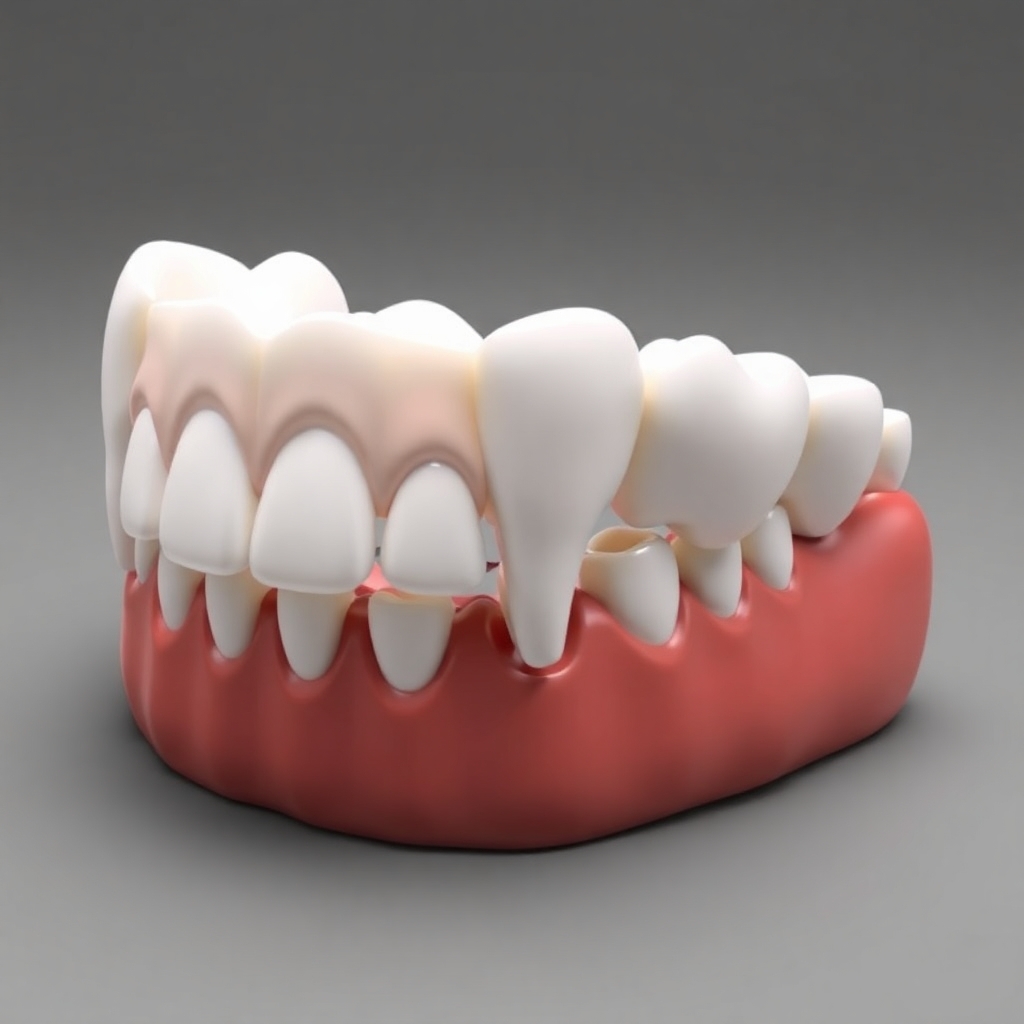
Interventional Procedures

When nothing else works, doctors may suggest advanced treatments such as:
- Arthrocentesis: This simple procedure clears joint debris to reduce irritation and improve mobility.
- Arthroscopy or open-joint surgeries: done and only used for severe cases like jaw locking, disc problems, or bone injury.
We think surgery should be the last choice. Most patients in Gurgaon find long-term relief by using personalised plans of non-invasive TMD treatments.
Why Gurgaon Patients Prefer Our TMD Care

Our clinic stands out in Gurgaon because of the qualities locals value.
- Experience and Expertise: Decades of work in TMD-driven dental and facial pain care define our team. We prioritise learning new therapies to stay current.
- Modern Technology: We use tools like digital X-rays, 3D imaging, and computer-guided diagnostics. These methods remove guesswork and make treatments safer and easier for patients.
- Collaborative Care: We team up with physiotherapists, orthodontists, and doctors when joint-related TMD issues arise. This ensures all elements like posture, teeth, jaw, and muscles are considered.
- Compassion and Clarity: Our care is honest and patient-focused. We create unique treatment plans for each person and provide a clear view of costs, schedules, and long-term guidance.
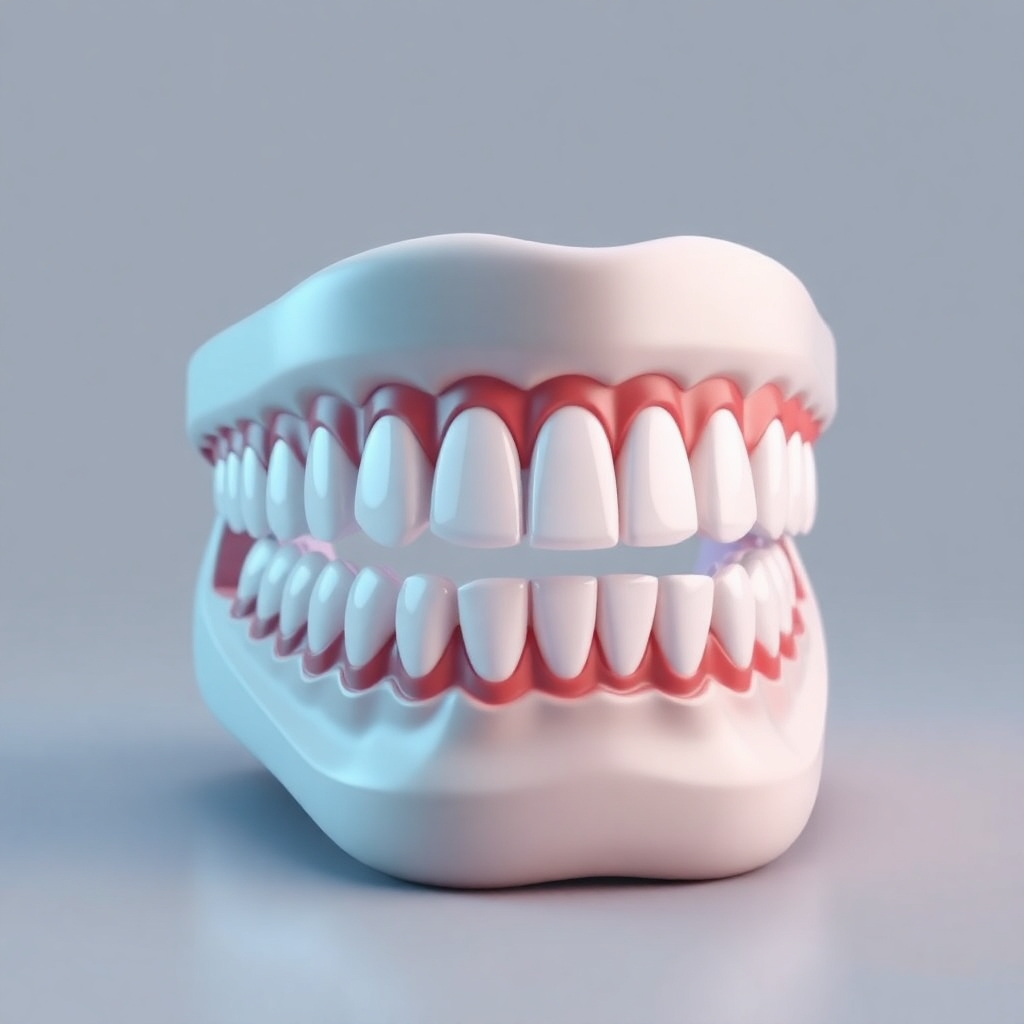
Managing, Preventing, and Caring for TMD Over Time
Want to know how to avoid TMD or handle it in the long run? Here’s what you can do:
- Schedule routine dental checkups to keep track of your jaw health if you’ve dealt with jaw pain or arthritis before.
- Pay attention to your posture. This matters even more if you sit at a desk or look at a screen for hours.
- Try ways to relax, like yoga, breathing exercises, or meditation, to reduce tension.
- Don’t wait to fix dental problems if something feels off. Jaw clicking, tension headaches, or pain should not be ignored.
- Take care of your oral health and try to stay away from too much stress or overworking yourself.
Our Promise: Helping Gurgaon Feel Better and Smile Brighter

Cusp Dental Clinic believes that everyone in Gurgaon should enjoy eating, speaking, and living without jaw pain. Whether you have started feeling discomfort, need peace of mind, or want to learn about advanced TMD treatments, our team is here to help with care, understanding, and top-notch expertise. Visit us to see why people consider us the leading specialists for treating temporomandibular disorders in Gurgaon.
Book Your Appointment Today
- Don’t wait for the pain to worsen—early treatment can save your tooth.
- Call us or book an online appointment for a consultation at The Cusp Dental Clinic in Gurgaon — your smile deserves expert care.
Frequently Asked Questions
A. TMD includes a range of issues with your jaw’s muscles, bones, or joints that can result in pain, clicking noises, or even your jaw getting stuck.
A. Injuries, stress, misaligned bites, arthritis, grinding teeth, slouching, or sometimes a combination of these are the main causes.
A. We provide options like mouthguards, specific jaw exercises, orthodontics, dental fixes, stress guidance, and medications that fit each person’s unique situation.
A. Doctors use Botox, steroids, or hyaluronic acid to relieve pain in the muscles or joints. These work well in tough cases that do not respond to other treatments.
A. Surgery is needed unless the joint is damaged. Most people in Gurgaon heal by using personalised non-surgical options.

